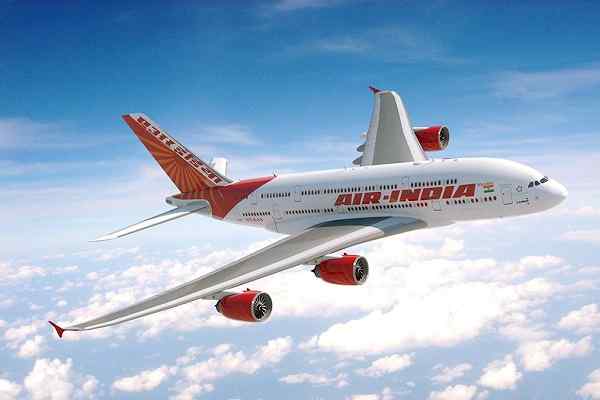 Vensa Infrastructure wins ₹412.58 crore civil contract for Hisar Airport
Vensa Infrastructure wins ₹412.58 crore civil contract for Hisar Airport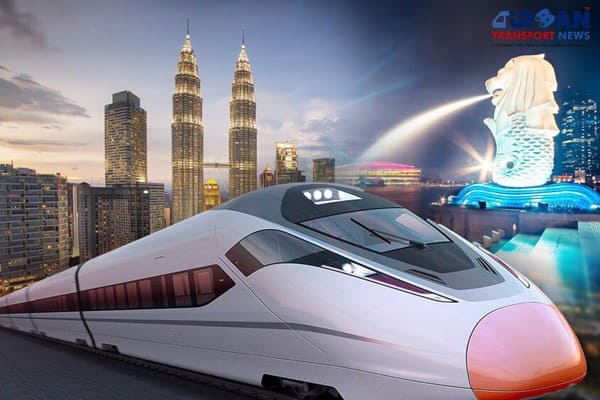 Kuala Lumpur-Singapore high-speed rail project cost could be slashed to RM70 Billion
Kuala Lumpur-Singapore high-speed rail project cost could be slashed to RM70 Billion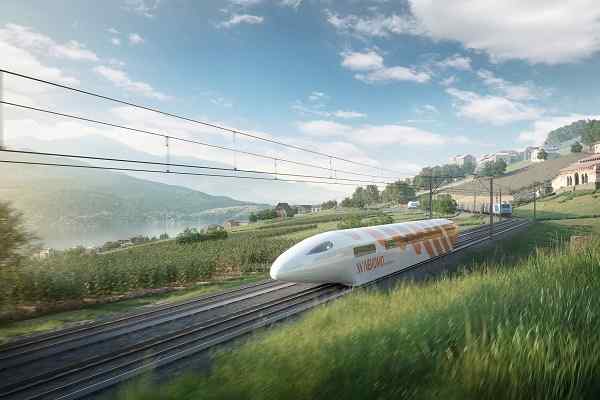 Nevomo's MagRail Technology Selected for Hyperloop Freight Demonstrator
Nevomo's MagRail Technology Selected for Hyperloop Freight Demonstrator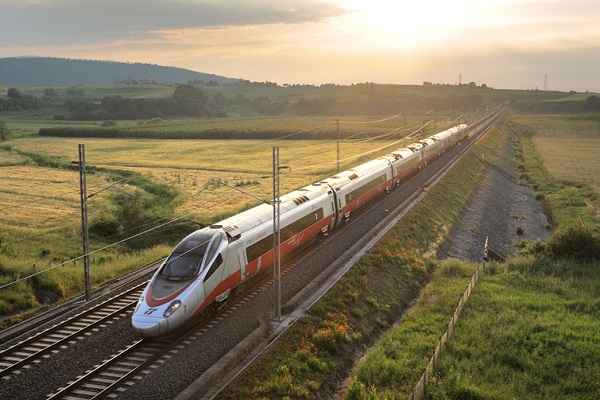 Russia signs deal to procure bullet trains for Moscow - St. Petersburg high-speed line
Russia signs deal to procure bullet trains for Moscow - St. Petersburg high-speed line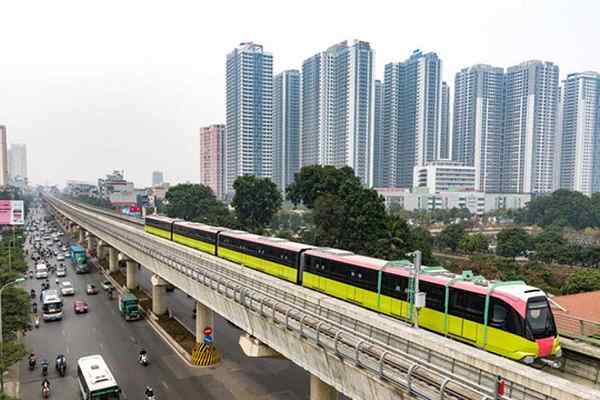 Vietnam plans new metro rail lines to replace its BRT systems in Hanoi
Vietnam plans new metro rail lines to replace its BRT systems in Hanoi 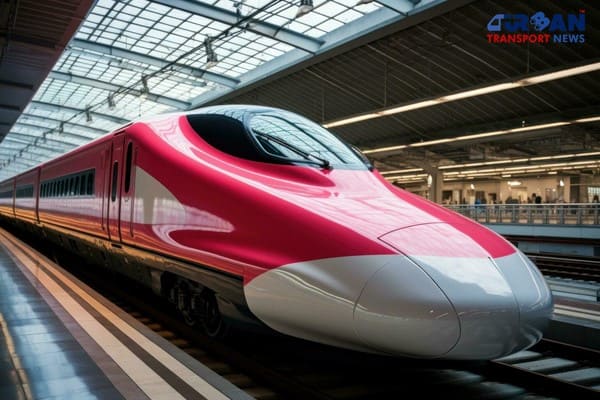 Revolutionizing Indian Railways: The Rise of Indigenous High Speed Bullet Trains
Revolutionizing Indian Railways: The Rise of Indigenous High Speed Bullet Trains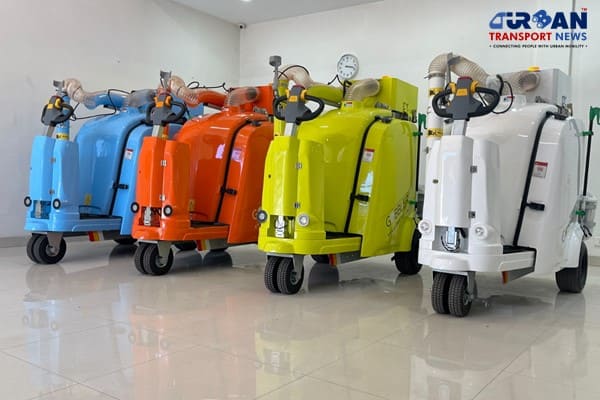 Ayodhya deployed Gobbler Litter Buster to keep the City clean
Ayodhya deployed Gobbler Litter Buster to keep the City clean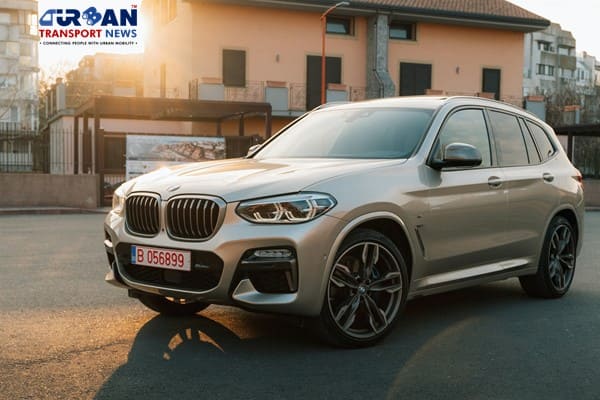 BMW's Emissions Investigation: What Does It Mean for Drivers?
BMW's Emissions Investigation: What Does It Mean for Drivers?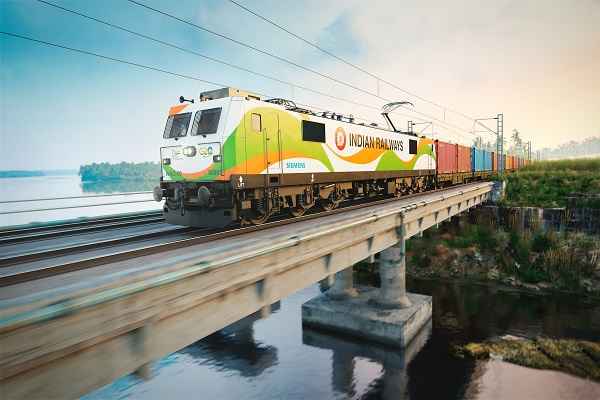 171 Years of Indian Railways: A History of Innovation and Progress
171 Years of Indian Railways: A History of Innovation and Progress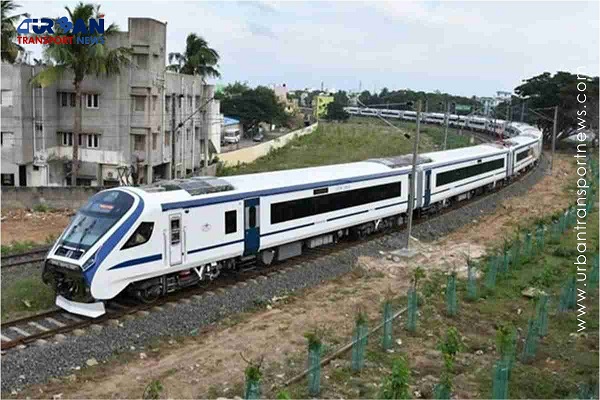 Vande Bharat Express trains carries over two crore passengers since their inception
Vande Bharat Express trains carries over two crore passengers since their inception
Supportive government initiatives to introduce electric bus fleets worldwide

The introduction of electric buses in the fleet is a step toward ensuring a clean environment and securing a sustainable energy future. Various initiatives have been taken by governments across the world to accelerate the inclusion of electric buses in the fleet. This helps in reducing greenhouse gas emissions and encourages people to opt for the public transport as they can contribute toward the environment. Governments from India, the U.S., and the U.K. have been providing necessary funding and infrastructure to state governments and transportation authorities to accelerate the deployment of electric buses. Moreover, charging infrastructure has been built across different parts of the city or states. As the world moves toward the zero-carbon future, electric buses would play a crucial part as it can become a huge part of public transport across the world. Different transportation authorities have set the target for converting the entire fleet to electric in the next few years. This would provide significant opportunities for the global market of electric buses.
According to the report published by Allied Market Research, the global electric bus market is expected to reach $31.45 billion by 2027. Following are some of the trends and activities taking place across the globe.
Governments have taken a lot of initiatives toward operating electric fleet in the public transport. New buses have been joining the fleet as governments strive to achieve their visions related to environment and sustainability. India has been taking necessary steps toward increasing the number of electric vehicles when it comes to public transport. Various states have been taking their steps and trying to speed up the implementation of electric buses.
Brihanmumbai Electric Supply and Transportation (BEST) in the state of Maharashtra planned to utilize only electric buses by 2027. The corporation made a decision to purchase nearly 2,100 electric buses and install 55 charging stations across Mumbai. The gross cost contract model will be used for procurement of 2,100 electric buses. The fleet will include 1,400 single-decker air-conditioned (AC) buses, 200 AC double-decker buses, 400 midi AC buses, and 100 mini-AC buses. Moreover, the corporation planned to begin its dedicated transportation services for corporate houses, schools, call centers, and other routes. In addition, it will introduce women-special buses on the busy routes at peak hours.
Along with Maharashtra state, Andhra Pradesh is another state that will procure electric buses in its fleet and try to achieve the target it set for 2029. The state government had set an ambitious target of the Andhra Pradesh State Road Transport Corporation (APSRTC) set the target of converting its fleet of buses to electric by 2029. Taking a small step toward the target, the government authority added 100 electric buses to its fleet. Though it seems too difficult to convert nearly 11,000 buses in its fleet by 2029, the corporation has been moving toward converting as much buses as possible. With accelerated support from the state government and installation of charging stations across the state, it will be able to achieve the target. There will be more electric buses in the coming years.
Various state governments in the U.S. have been giving green signal to the implementation of electric buses. Sun Tran in Tucson, Arizona will add five electric buses to its fleet as a part of fully electric transit bus deployment plan. The Federal Transit Administration’s Low-No Emission Grant program funded these buses. As the transit industry focuses on energy self-sufficiency and clean environment, the goal of Sun Tran is to possess zero-emission fleet. With implementation of the fleet carbon neutral plan, diesel buses will be replaced by electric or CNG buses by 2028. Regina Romero, the Mayor of Tucson, highlighted that electrification of transit fleet is a step toward making the city climate resilient. Electric transit buses would lower down tailpipe emissions. Moreover, five charging stations will be installed at the north bus yard of Sun Tran. The fleet will get greener than before with each passing year.
Along with introduction of new electric buses, governments have been providing funding to regional councils to accelerate the plans of all-electric bus fleet. Warrington Borough Council received nearly £20 million from the government as a funding for all-electric bus fleet. The funding will be utilized for replacement of its diesel buses with 120 electric buses. The council’s plan to provide “greener and cleaner” transportation in the town will get a huge boost with the funding. Council leader Cllr Russ Bowden opined that the funding would help the authority in taking strides toward the decarbonization of the transport system and the zero-carbon future. The all-electric bus fleet would improve the air quality of the town and help in tackling challenges such as climate change. Moreover, it will introduce eco-friendly, attractive, and modern bus services to encourage people in choosing this mode of transport.







